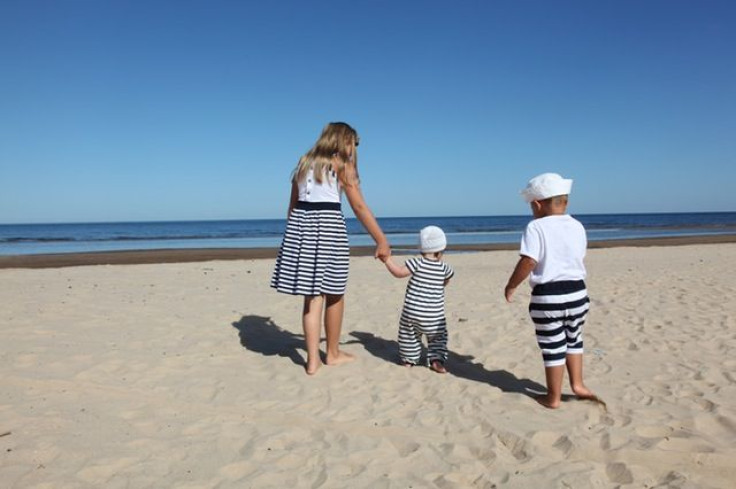
The phenomenon of “misnaming,” or calling someone by the wrong name, is more common than we think. Pexels, Public Domain
This has happened to us all: We’re eating dinner at the family table when our parents turn to us, open their mouths, and call us by our sister’s, brother’s, our dog’s name, or all three before they get it right. While it’s easy to assume they have favorites, we shouldn’t take offense since such “misnamings” occur more often than we think. According to a recent study published in the journal Memory and Cognition, we tend to call people by the wrong name when they’re either part of the same social group, or if their name is phonetically similar.
“It’s a cognitive mistake we make, which reveals something about who we consider to be in our group,” said David Rubin, study author and professor of psychology and neuroscience at Duke University, in a statement. “It’s not just random.”
Previous research has found these Freudian slips occur when people lose track of who they are interacting with, but still remember how they are interacting. For example, parents are more likely to mix up their children’s names. These slips are more common than sending an email to the wrong person.
Rubin and his colleagues sought to investigate the prevalence of this phenomenon by analyzing data from five studies including over 1,700 participants to identify factors which may explain why these mistakes occur. They asked questions of both those who were misnamed and those referring to someone using the wrong name. In all instances, the participants in the study knew the person they were misnaming well, or were misnamed by someone they knew well.
The findings revealed saying or being called the incorrect name often took place within the same social group. For example, family members called other relatives by a wrong name that belonged to someone in the family. So, this would be similar if our mom called us by all of our siblings’ names before getting to our actual name. Similarly, friends belonging to the same social circle called each other by the name of another friend within the group.
In addition, phonetic similarities between names also led to more mix-ups. Names with the same beginning or ending sounds, such as Michael and Mitchell or Joey and Mikey, were more likely to be swapped. Names that shared phonemes, or sounds, such as John and Bob, were also likely to be interchanged, because they share the same vowel sound.
Notably, the physical appearance of a person and age, were less likely to influence people’s tendency to call them the wrong name.
Samantha Deffler, lead author of the study, and a Ph.D student at Duke, was surprised by one pattern — study participants frequently called other family members by the name of the family pet. However, this was only when the pet was a dog. Owners of cats or other pets didn’t commit such Freudian slips.
“I’ll preface this by saying I have cats and I love them,” said Deffler, in a statement. “But our study does seem to add to evidence about the special relationship between people and dogs.”
Typically, dogs will respond to their names much more than cats, so those names are used more often, and committed to memory. Perhaps, Deffler hypothesizes, this is why the dog’s name seems to become more integrated with people’s perceptions of their families.
She is no stranger to misnaming either. “I’m graduating in two weeks and my siblings will all be there,” she said. “I know my mom will make mistakes.”
Overall, misnaming of close individuals is driven by the relationship we have between the misnamer, misnamed, and the named, according to the authors.
So, although we understand the dynamics of these slips of the lips, they can still be embarrassing. The best way to recover from them? Smile and move along.
Source: Deffler SA, Fox C, Ogle CM et al. All my children: The roles of semantic category and phonetic similarity in the misnaming of familiar individuals. Memory & Cognition. 2016.
